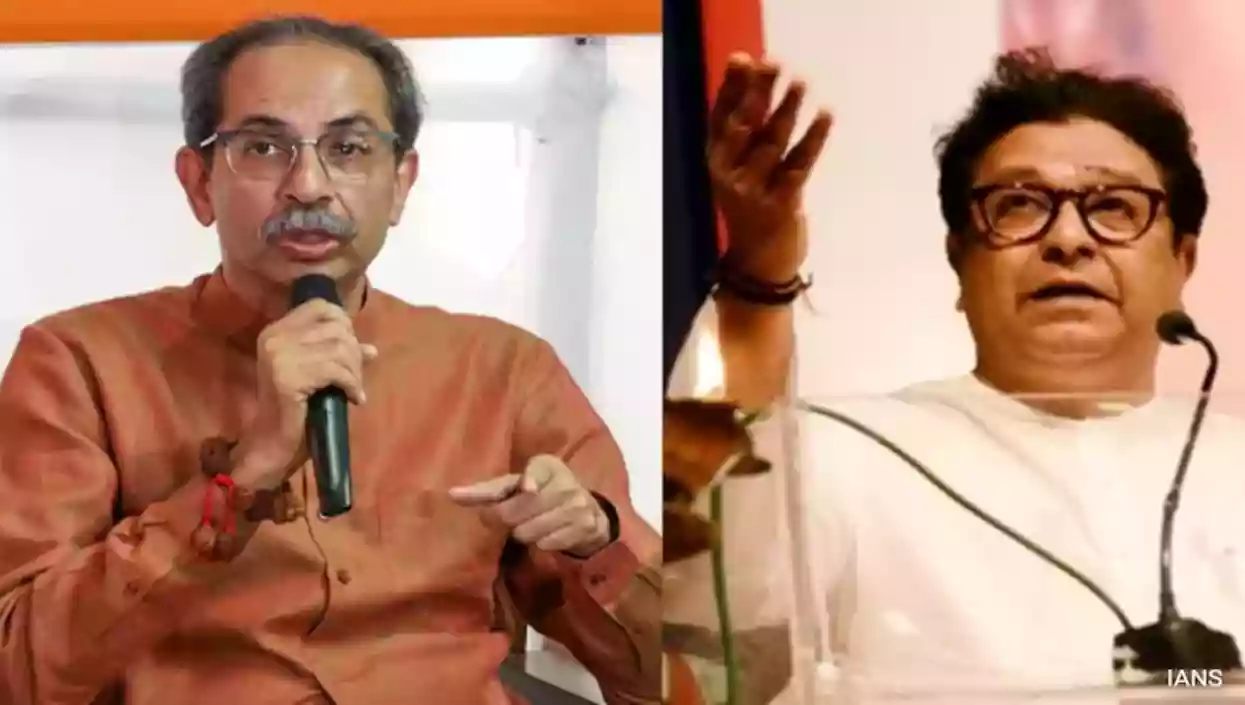.gif)
.gif)

In a surprising turn, estranged cousins Raj Thackeray and Uddhav Thackeray have both hinted at a possible reunion, citing the need to protect Marathi identity and culture. Once politically divided, the two leaders now seem open to mending ties as Maharashtra faces increasing concerns over linguistic and cultural erosion.
Speaking at separate events, the leaders of Maharashtra Navnirman Sena (MNS) and Shiv Sena (UBT) echoed similar sentiments — political rivalries must not stand in the way of Maharashtra's larger interests. The call for unity comes at a time when both have fiercely opposed the state government's decision to introduce compulsory Hindi education from Classes 1 to 5.
During a podcast with actor-filmmaker Mahesh Manjrekar, Raj Thackeray said that the disputes between him and Uddhav are minor compared to the threats facing Maharashtra. Stressing that "coming together is not difficult," Raj made it clear that unity depends not just on personal desires but on the collective will to safeguard Marathi people's interests. However, he pointedly asked whether the "other side" shared the same intent.
Uddhav Thackeray, addressing a gathering of workers from the Bhartiya Kamgar Sena, expressed conditional openness to reconciliation. While calling for unity among all Marathi-speaking people, he insisted that any reunion must be based on clear principles. "Anyone working against Maharashtra’s interests will not be welcomed," Uddhav said, warning against opportunistic alliances.
The possible patch-up comes against the backdrop of a brewing controversy over the Maharashtra government's new language policy. Both Raj and Uddhav have strongly criticized the move to make Hindi compulsory in Marathi and English-medium schools, viewing it as an attempt to undermine Marathi culture. Raj Thackeray has declared that the MNS "will not accept" such a policy and slammed the central government's broader push for "Hindification."
This hint at reconciliation, if it materializes, could significantly reshape Maharashtra's political dynamics ahead of future elections. While both leaders have emphasized that personal egos must be set aside for the state's larger good, a successful reunion would depend on whether mutual trust can be rebuilt after two decades of separation.